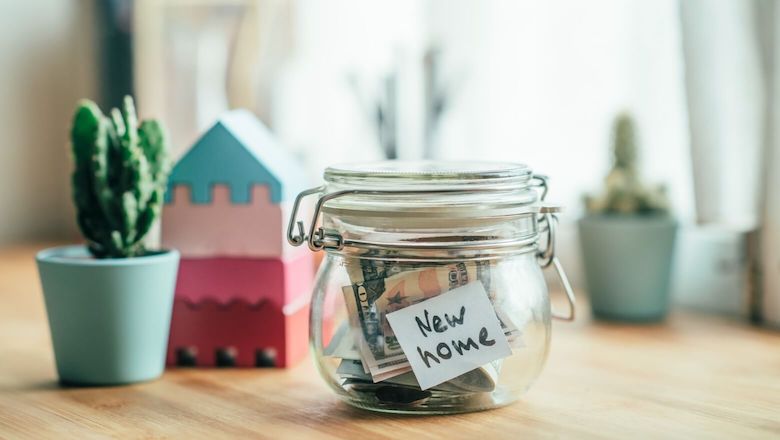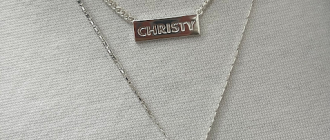So, you’re ready to buy your first home. You’ve spent weekends glued to real estate listings and watched reality TV house-hunting shows.
But the mortgage isn’t the only recurring cost that comes with homeownership. There are a number of other costs to be aware of, including closing costs and maintenance expenses.
- Mortgage Payment
Your mortgage is a big part of your home buying budget. A general rule of thumb is that no more than 28% of your pre-tax income should go to housing costs, including the mortgage payment, property taxes and homeowner’s insurance.
You will also need to save for one-time fees such as the down payment, closing costs and prepaid expenses. Use a calculator to help you estimate how much you need for these expenses.
Closing costs include charges for applying for the loan, running your credit report, recording the purchase with the local government and more. They vary by area and can add up to 2% to 5% of the home’s purchase price. The seller may pay some of these costs, which can reduce the amount you need to save upfront.
- Homeowner’s Insurance
Homeowner’s insurance, or hazard insurance, protects your home and personal property from damage, theft and loss. Most mortgage lenders require you to have it, and it’s a smart investment for any homeowner.
Home insurance rates vary by state, the age and construction type of your home, where it’s located (flood zones, high crime areas, etc.), the coverage limits you choose, and your credit history.
Some homeowners policies also include a personal belongings limit to cover your furniture and other items in the event of a loss. If you have expensive jewelry, art or electronics, talk to your agent about additional coverage. Some homeowners also add an ordinance or law endorsement, which covers the cost of bringing your home up to current building codes and local laws. There can be confusion on a warranty roof or if your roof is protected and covered under your insurance. Be sure to educate yourself on each plan and policy.
- Property Taxes
Property taxes are another expense that homebuyers must consider, especially when deciding where to live. These fees are determined by the city, town or county where a home is located and are usually based on a formula that includes an assessed property value multiplied by the local tax rate.
Fortunately, property tax payments are often rolled into the mortgage payment, which makes them easier to manage. However, it’s still important to make sure these recurring costs are included in your budget to ensure you’ll have enough
money to cover them when they come due. This will prevent you from running into financial trouble down the road. The more you understand about how property taxes work, the better prepared you’ll be.
- Utility Bills
In addition to the mortgage payment and property taxes, homeowners also must pay for recurring monthly or annual expenses like electricity, gas, water, trash pickup, and internet (with cable TV optional). National averages will give you an idea of what to expect, but the best way to get a good estimate is to ask the seller for copies of recent utility bills.
The costs can add up quickly, especially if the home is older and less efficient than newer homes. It’s a good idea to check with the homeowner’s association to see if any of these expenses are covered by HOA fees. If not, it’s a good idea to build this expense into your overall budget. It’s better to be surprised by a lower-than expected bill than by an unexpectedly high one.
- Maintenance
Besides the one-time expenses of a down payment and closing costs, new homeowners face ongoing mortgage payments, property taxes, and maintenance. Experts estimate that homeowners spend 1-4% of their home’s value on maintenance each year.
These expenses vary based on the size, age, and location of your home. However, some experts recommend setting aside 1% of your home’s purchase price to cover maintenance and repairs. If you don’t already have a savings account, start one as soon as you move in to prepare for these unexpected expenses. The money you set aside in this account will come in handy when a major repair or replacement comes up. It can also help you avoid unnecessary financial stress if you don’t have to go into debt to pay for these costs.






